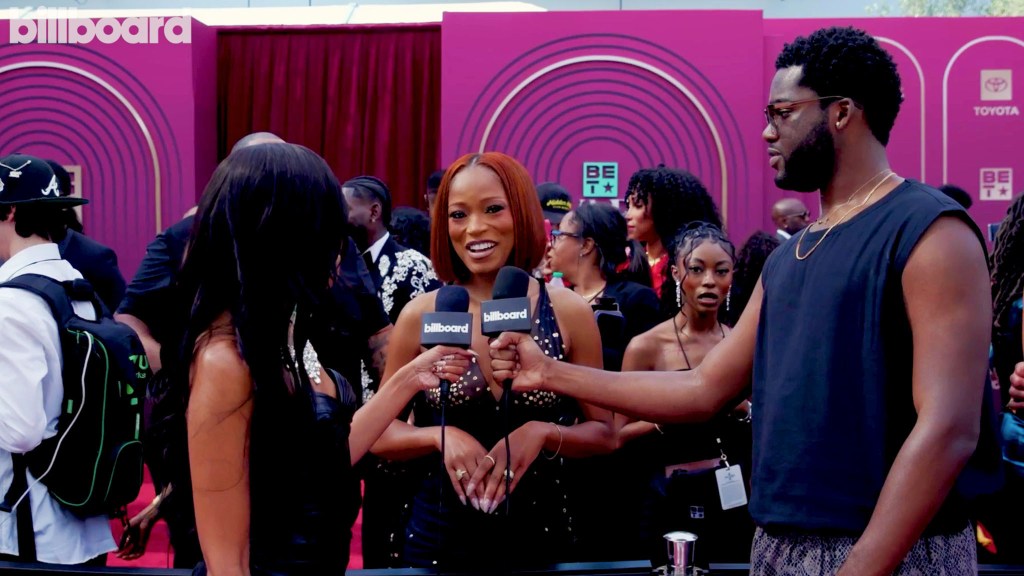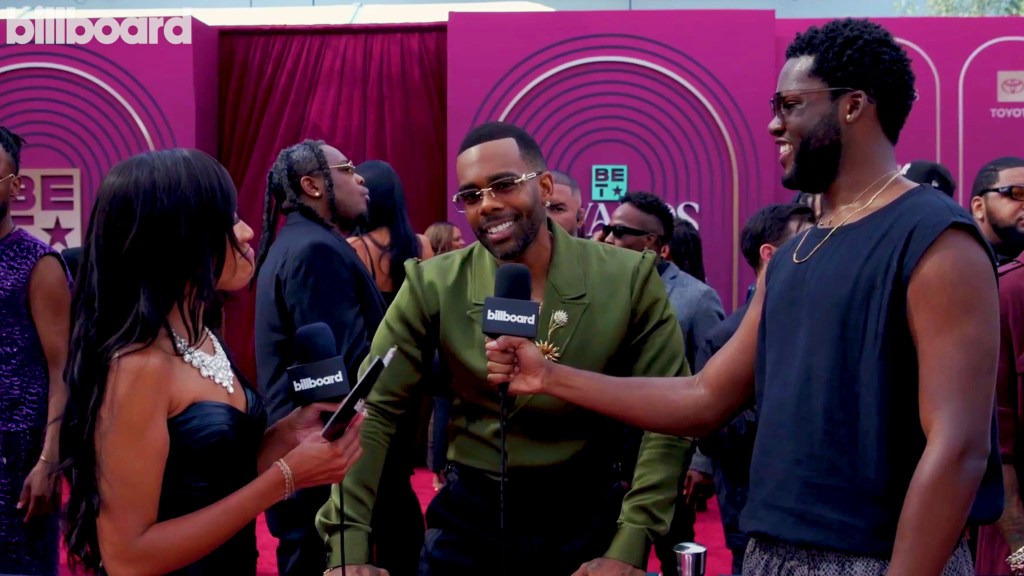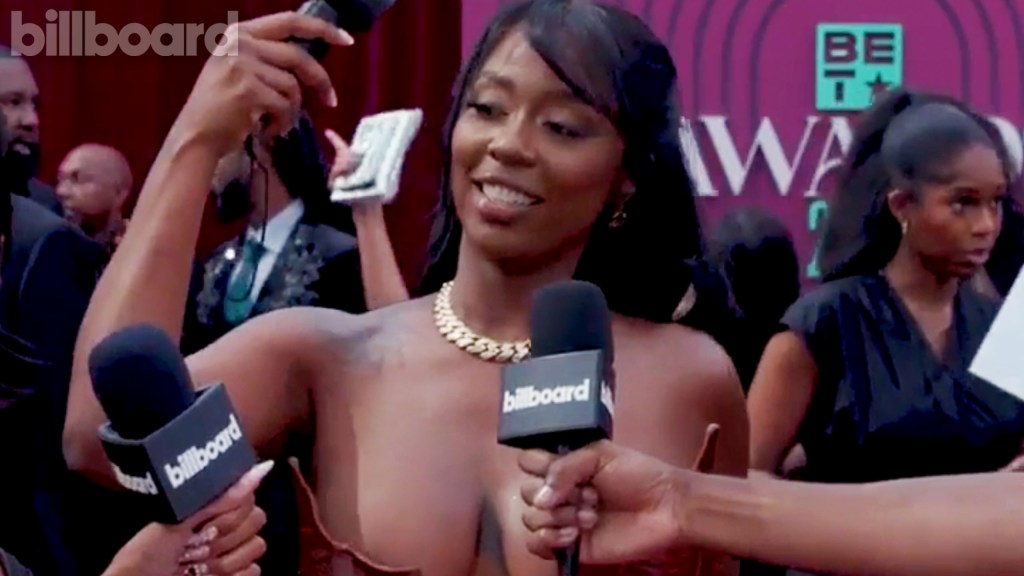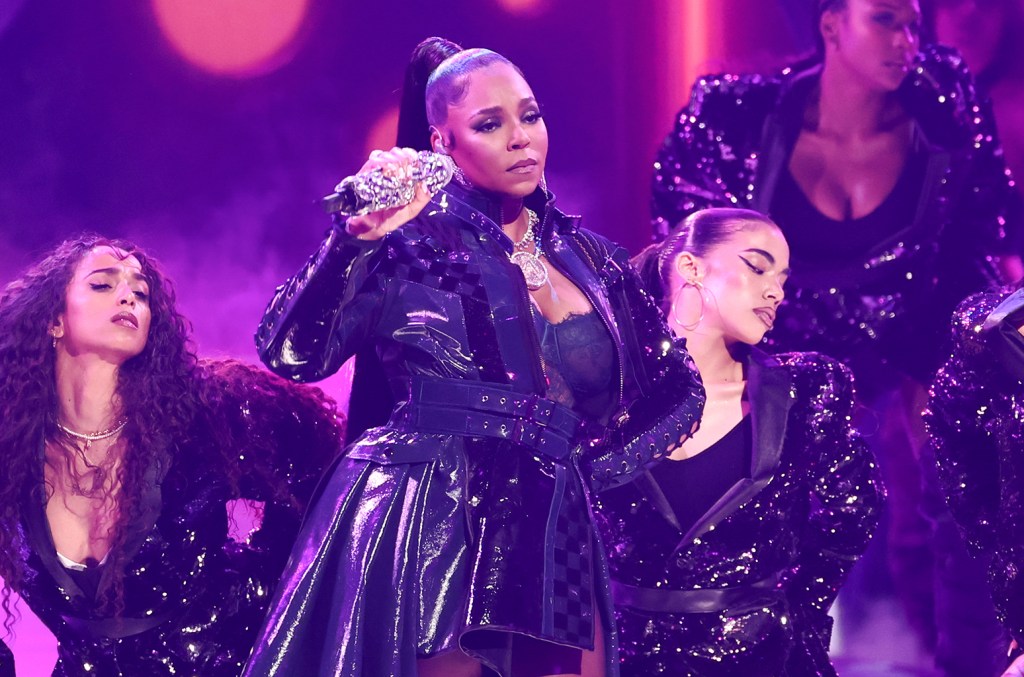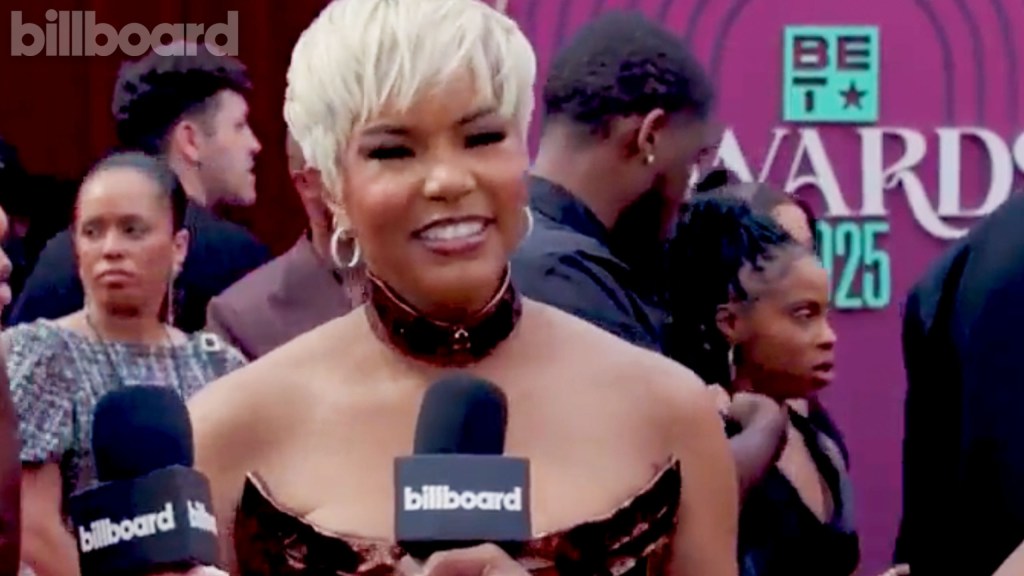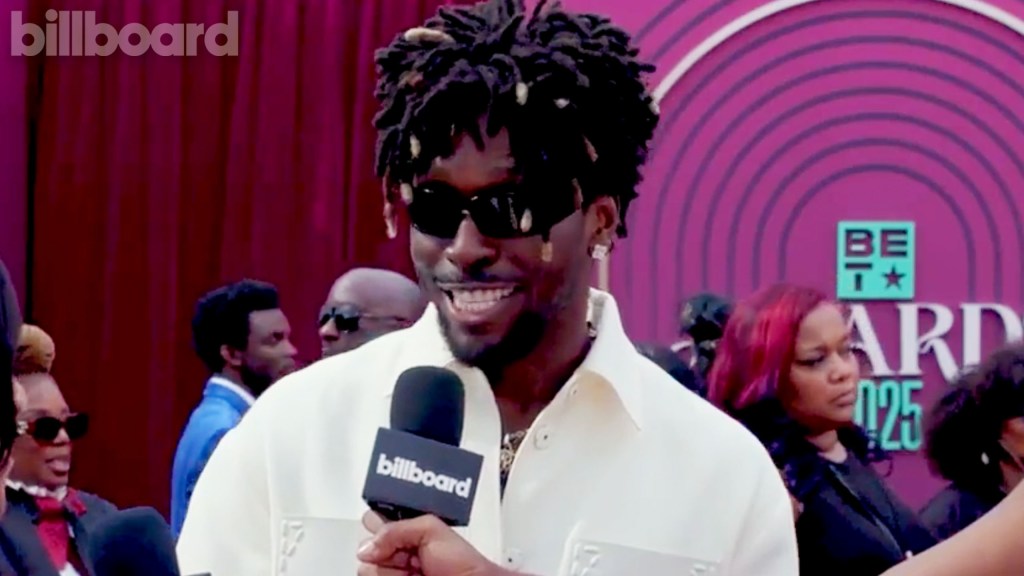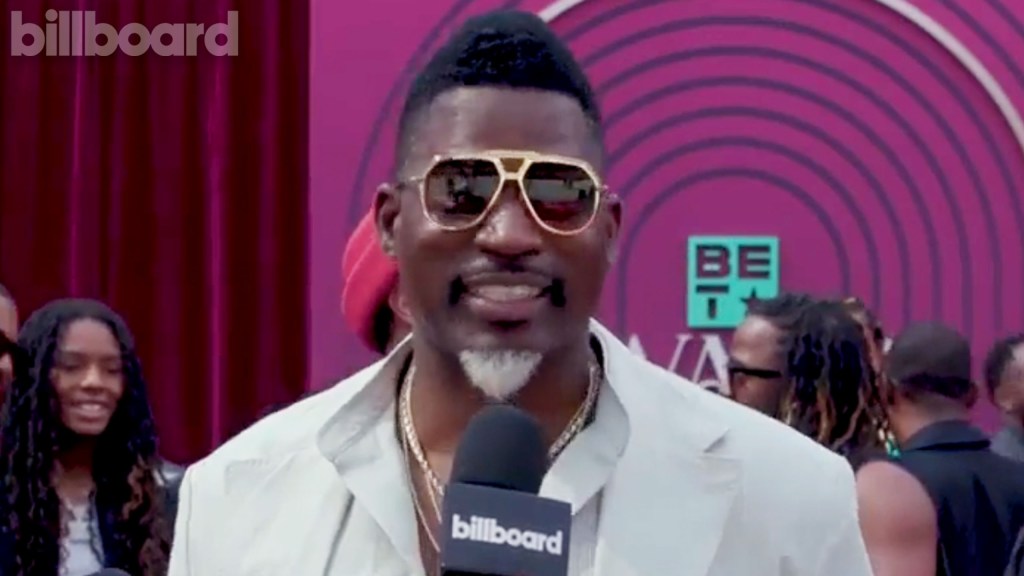genre rb
Page: 16
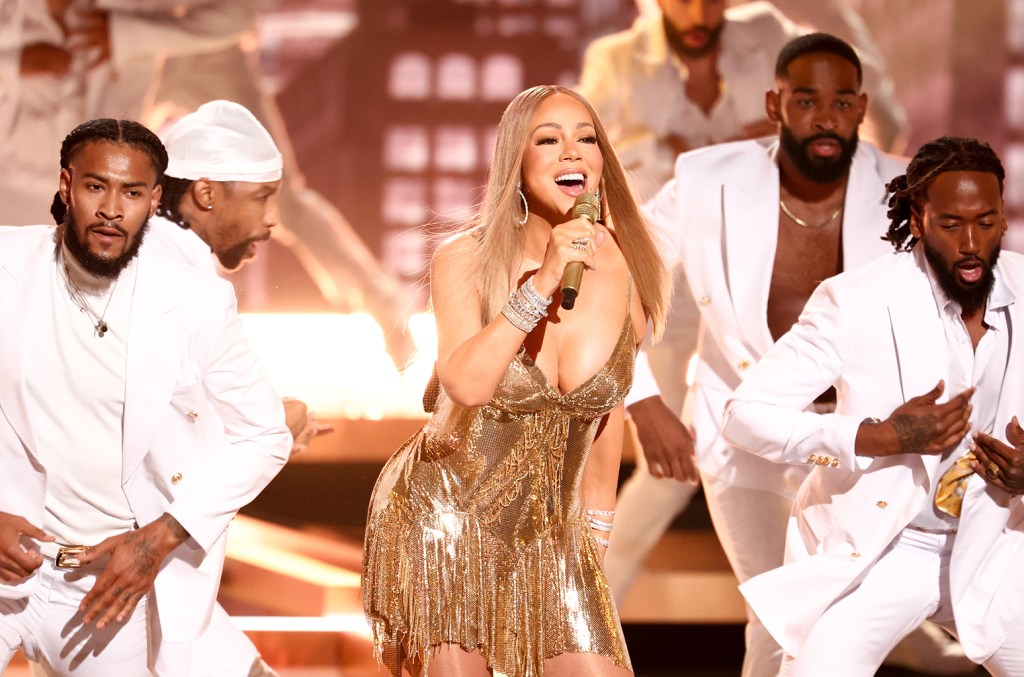
Mariah Carey dazzled during the television debut performance of “Type Dangerous” at the 2025 BET Awards on Monday night (June 9). D-Nice welcomed viewers to Club Mariah with a sampler of her hits like “Fantasy,” “Obsessed” and “Heartbreaker” before the Songbird Supreme introduced herself with her signature whistle tone. A sea of white-suit-wearing male dancers […]
By providing your information, you agree to our Terms of Use and our Privacy Policy.
We use vendors that may also process your information to help provide our services. // This site is protected by reCAPTCHA Enterprise and the Google Privacy Policy and Terms of Service apply.
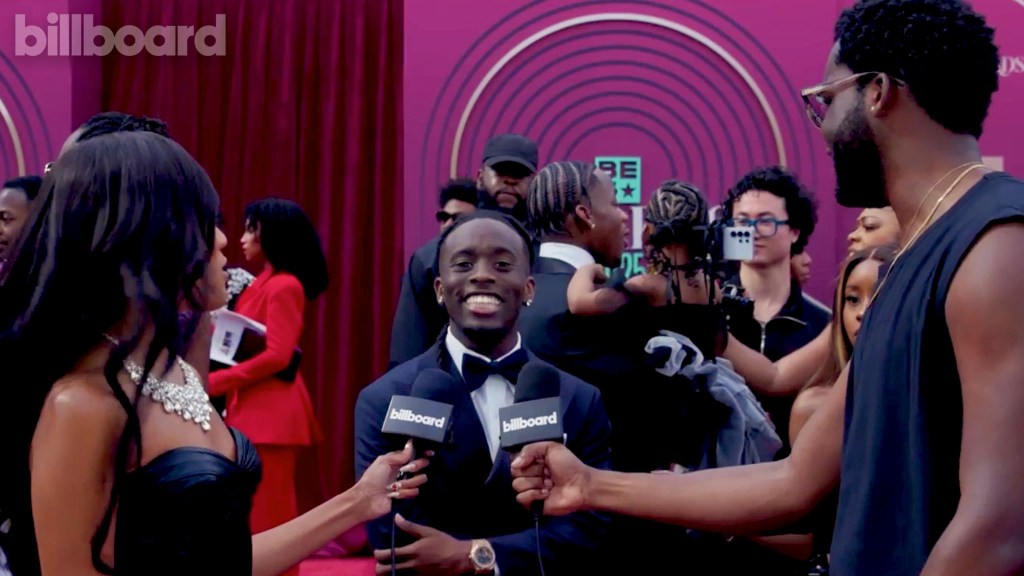
By providing your information, you agree to our Terms of Use and our Privacy Policy.
We use vendors that may also process your information to help provide our services. // This site is protected by reCAPTCHA Enterprise and the Google Privacy Policy and Terms of Service apply.
By providing your information, you agree to our Terms of Use and our Privacy Policy.
We use vendors that may also process your information to help provide our services. // This site is protected by reCAPTCHA Enterprise and the Google Privacy Policy and Terms of Service apply.
By providing your information, you agree to our Terms of Use and our Privacy Policy.
We use vendors that may also process your information to help provide our services. // This site is protected by reCAPTCHA Enterprise and the Google Privacy Policy and Terms of Service apply.
The BET Awards 2025 are packing on the nostalgia. Millennials were transported back to sitting in front of their living room televisions after school as Ashanti opened the awards show by performing “Rock Wit U” and “Foolish.” Rocking her signature thigh-high black boots, gleaming off the Peacock Theater stage, she passed the diamond-encrusted mic to […]
By providing your information, you agree to our Terms of Use and our Privacy Policy.
We use vendors that may also process your information to help provide our services. // This site is protected by reCAPTCHA Enterprise and the Google Privacy Policy and Terms of Service apply.
By providing your information, you agree to our Terms of Use and our Privacy Policy.
We use vendors that may also process your information to help provide our services. // This site is protected by reCAPTCHA Enterprise and the Google Privacy Policy and Terms of Service apply.
By providing your information, you agree to our Terms of Use and our Privacy Policy.
We use vendors that may also process your information to help provide our services. // This site is protected by reCAPTCHA Enterprise and the Google Privacy Policy and Terms of Service apply.
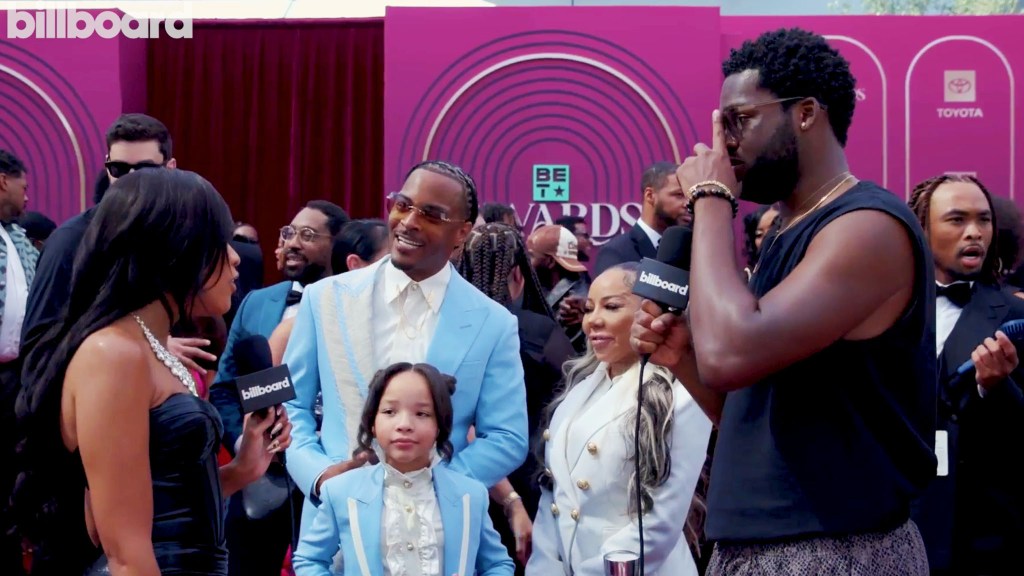
By providing your information, you agree to our Terms of Use and our Privacy Policy.
We use vendors that may also process your information to help provide our services. // This site is protected by reCAPTCHA Enterprise and the Google Privacy Policy and Terms of Service apply.

 State Champ Radio
State Champ Radio 